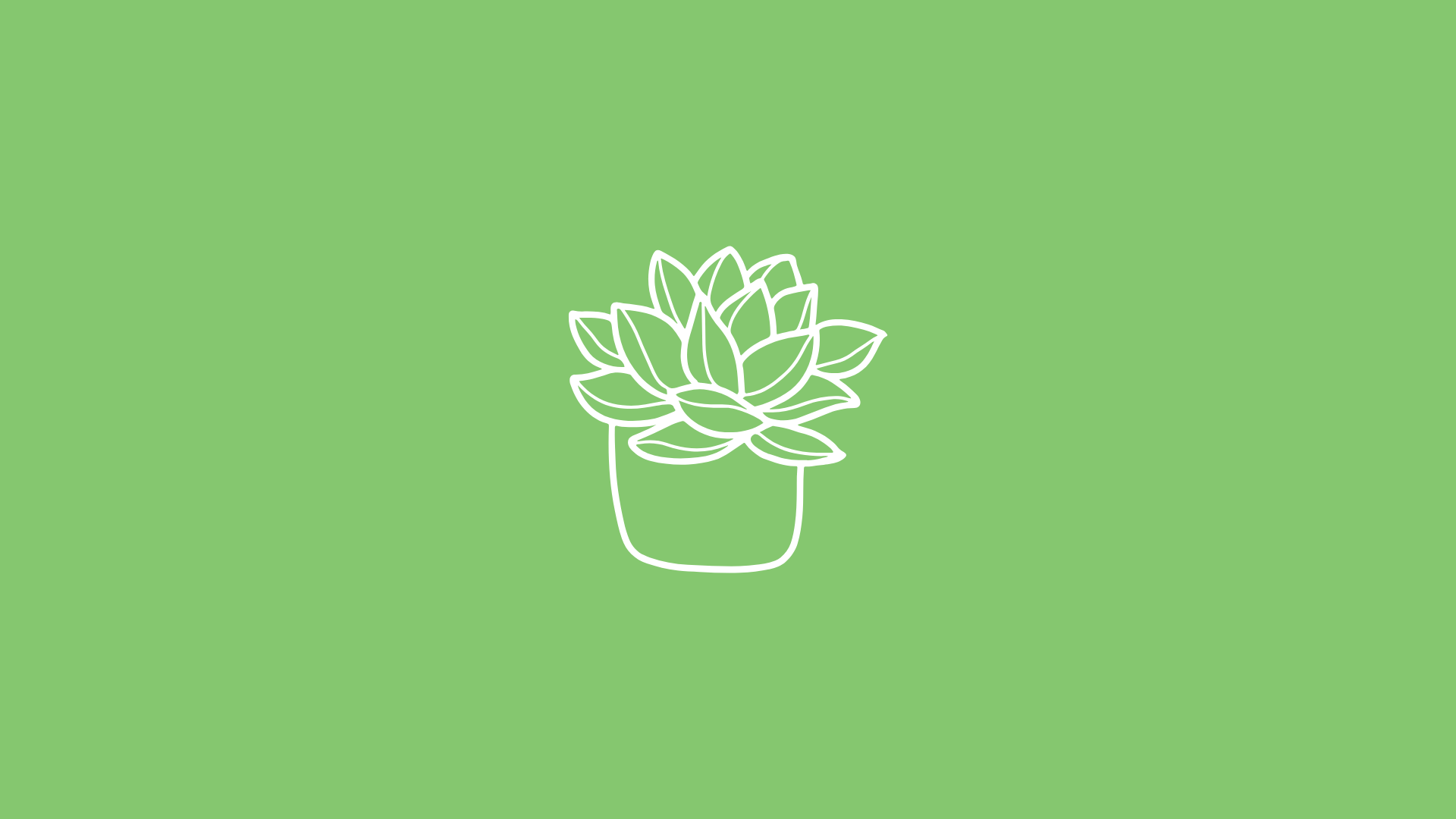The Health Benefits of Indoor Plants
a part of the GREEN THUMB LIVING ESSENTIALS SERIES

Indoor plants are more than just a visual enhancement to your living space. They offer a multitude of health benefits that contribute to a healthier and more comfortable living environment. From improving air quality by absorbing toxins and releasing oxygen to reducing stress levels and enhancing mood, indoor plants can significantly improve your physical and mental well-being. Their presence can also boost productivity and creativity, making them a valuable addition to any home or workspace. This section will delve into the various health benefits of indoor plants, providing a deeper understanding of their importance in our daily lives.
Physical and mental health benefits
Indoor plants offer numerous health benefits, both physical and mental. Here are some of the key benefits:
1. Physical Health Benefits:
Improved Air Quality: Some indoor plants can improve air quality by removing toxins from the air.
Faster Recovery from Illness: Being able to look at plants and flowers may speed your recovery from an illness, injury, or surgery.
2. Mental Health Benefits:
Reduced Stress Levels: Indoor plants can help reduce both physiological and psychological stress. A study found that indoor gardening tasks lowered the stress response in participants.
Improved Attention: Real plants can sharpen your attention. A study showed that students who studied with real plants in the classroom were more attentive and better able to concentrate.
Therapeutic Effects: Indoor gardening can be therapeutic, especially for people experiencing symptoms of mental illness. It has been used to increase feelings of well-being among people with depression, anxiety, dementia, and other conditions.
Indoor plants not only add aesthetic value to your space but also contribute significantly to your health and well-being. They can create a more comfortable, natural environment that promotes relaxation and focus. So, whether you’re looking to boost your mood, improve your air quality, or simply add a touch of nature to your living space, indoor plants are a great choice.
Improved air quality, stress reduction, and enhanced mood
1. Improved Air Quality: Indoor plants can significantly improve air quality by removing toxins from the air. They absorb harmful pollutants and release oxygen, contributing to a healthier indoor environment.
2. Stress Reduction: Indoor plants can help reduce stress levels. They create a calming environment that can lower physiological and psychological stress, promoting relaxation and well-being.
3. Enhanced Mood: Indoor plants can enhance mood and promote feelings of positivity. Their natural beauty and the act of caring for them can bring joy, satisfaction, and a sense of accomplishment.
Indoor plants not only beautify our living spaces but also significantly contribute to our physical and mental health. They are indeed a green and healthy addition to any indoor space.
Plant varieties that are beneficial indoors
1. Pothos (Epipremnum aureum): This tropical vine is one of the easiest houseplants to grow. It comes in a variety of foliage colours and patterns.
2. Philodendron (Philodendron spp.): This is another very easy-to-grow houseplant, similar to pothos. It tolerates low light and comes in a variety of sizes, shapes, and colours.
3. Prayer Plant (Calathea spp.): This popular houseplant is grown for its decorative foliage, which is available in an assortment of patterns, colours, and shapes.
4. Spider Plant (Chlorophytum comosum): Spider plants are extremely easy to grow and are known to help purify the surrounding air.
5. Peace Lily: The peace lily is a calming plant that’s easy to care for and can help improve indoor air quality.
6. Snake Plant: Snake plants are known for boosting oxygen levels and purifying the air.
7. Rubber Plant: Rubber plants are great for improving indoor air quality and are also easy to care for.
8. Boston Fern: Boston ferns are known for their air-purifying abilities and are also relatively easy to care for.
9. Ficus Tree: Ficus trees are another great option for improving indoor air quality.
10. English Ivy: English ivy is known for its air-purifying properties and can also be a beautiful addition to your indoor space.
Remember, the best indoor plant for you will depend on your style, daily schedule, and routine. Many of these plants are easy to care for, allowing you to enjoy their presence and reap the health rewards.
Read the first article in the Green Thumb Living Essentials Series: Creating a Green Oasis at Home.
